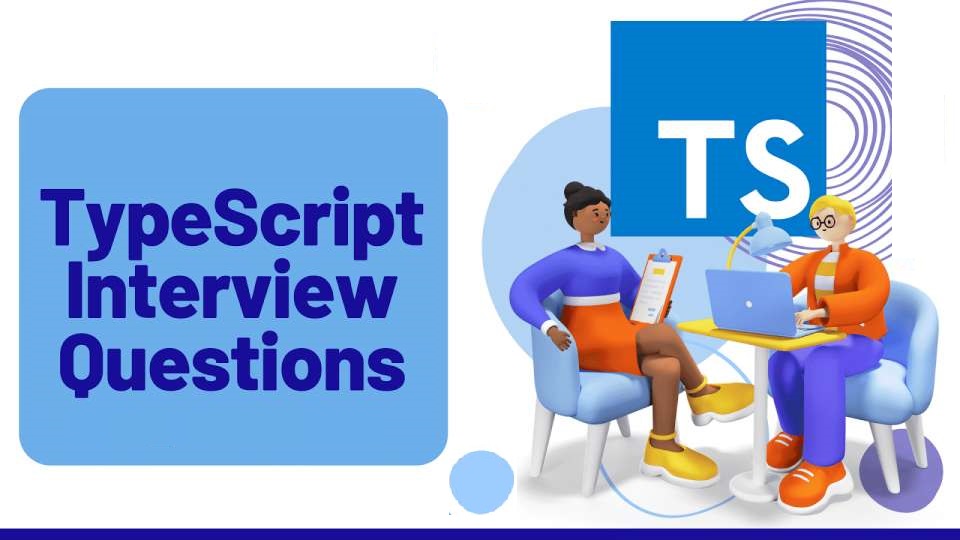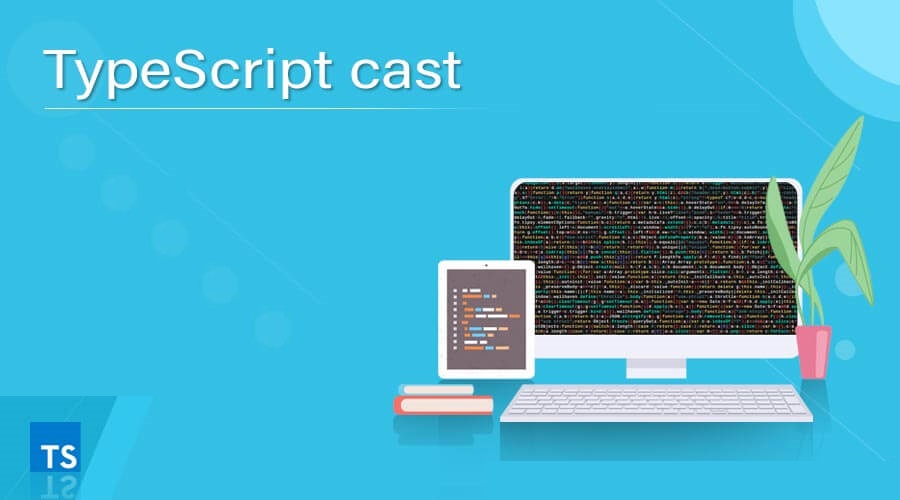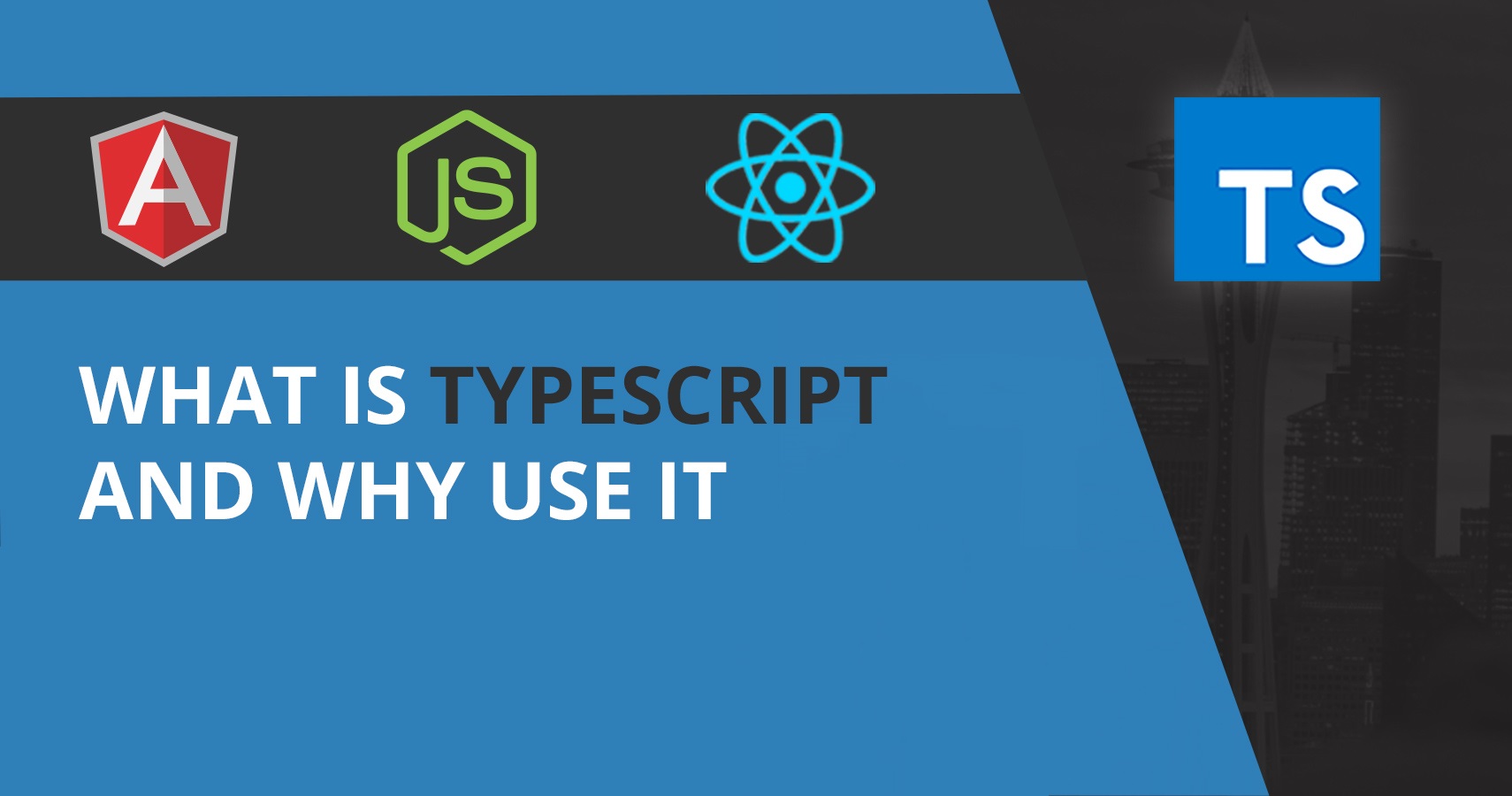Top 50 C PROGRAMMING MCQ Questions and Answers Exercise (Set 1/4)

Q 1 - What actually gets a pass when you pass an array as a function argument?
A - First value of elements in the array
B - Base address of the array
C - All value of the element in the array
D - Address of the last element of the array
Q 2 - In the given below code, the function fopen()uses "r" to open the file “source.txt” in binary mode for which purpose?
#include<stdio.h>
int main ()
{
FILE *fp;
fp = fopen("source.txt", "r");
return 0;
}
A - For reading
B - For reading and writing
C - For creating a new file "source.txt" for reading
D - For creating a new file "source.txt" for writing
Q 3 - In DOS, how many bytes exist for near, far, and huge pointers?
A - Near: 2, far: 4, huge: 7
B - near: 4, far: 2, huge: 8
C - near: 2, far: 4, huge: 4
D - near: 4, far: 0, huge: 0
Q 4 - fgets() function is safer than gets() because in fgets() function you can specify the size of the buffer into which the supplied string will be stored.
A - True
D - False
Q 5 - Which scanf() statement will you use to scan a float value (a) and double value (b)?
Float a;
Double b;
A - scanf("%f %f", &a, &b);
B - scanf("%lf % lf ", &a, &b);
C - scanf("%Lf %Lf", &a, &b);
D - scanf("%f %lf", &a, &b);
Q 6 - Choose the correct statement that is a combination of these two statements,
Statement 1: char *p;
Statement 2: p = (char*) malloc(100);
A - char p = *malloc(100);
B - char *p = (char*)malloc(100);
C - char *p = (char) malloc(100);
D - None of the above
Q 7 - Which of the following header file can be used to define the NULL macro?
A - stdio.h, locale.h, stddef.h, stdlib.h, string.h,
B - stddef.h, locale.h, math.h, stdlib.h, string.h,
C - time.h, wchar.h, math.h, locale.h,
D - math.h
Q 8 - In the given below code, the P2 is
Typedef int *ptr;
ptr p1, p2;
A - Integer
B - Integer pointer
C - Both, Integer & Integer pointer
D - None of above
Q 9 - In the following code, what is 'P'?
Typedef char *charp;
const charp P;
A - P is a constant
B - P is a character type
C - P is a pointer
D - None of the above
Q 10 - What is x in the following program?
#include<stdio.h>
int main ()
{
typedef char (*(*arrfptr[3])())[10];
arrfptr x
return 0;
}
A - x is a character pointer
B - x is an array of pointer
C - x is an array of three function pointers
D - Wrong declaration
Q 11 - What will be the resultant of the given below program?
#include<stdio.h>
#include<stdarg.h>
Void fun(char *msg, ...);
int main ()
{
fun("IndiaMAX", 1, 4, 7, 11, 0);
return 0;
}
void fun(char *msg, ...)
{
va_list ptr;{
int num;
va_start(ptr, msg);
num = va_arg(ptr, int);
num = va_arg(ptr, int);
printf("%d", num);
}
A - IndiaMAX 1, 7, 11, 0
B - IndiaMAX 1, 7
C - Only 4
D - 1, 7, 11, 0
Q 12 - The correct order of evaluation for the expression “z = x + y * z / 4 % 2 – 1”
A - * / % = + -
B - / * % - + =
C - - + = * % /
D - * / % + - =
Q 13 - In C, what is the correct hierarchy of arithmetic operations?
A - */ + -
B - * +- /
C - / *+ -
D - + - / *
Q 14 - To print a double value which format specifier can be used?
A - %L
B - %lf
C - %Lf
D - None of the above
Q 15 - Which files will get closed through the fclose() in the following program?
#include<stdio.h>
int main ()
{
FILE *fs, *ft, *fp;
fp = fopen("ABC", "r");
fs = fopen("ACD", "r");
ft = fopen("ADF", "r");
fclose(fp, fs, ft);
return 0;
}
A - "ABC"
B - "ACD"
C - "ADF"
D - Return error
--------------------------------------------------------------------------------------------------------------------------------------------
-------------------------------------------------------------------------------------------------------------------------------------------
Q 16 - Which of the following statement shows the correct implementation of nested conditional operation by finding the greatest number out of three numbers?
A - max = a>b ? a>c?a:c:b>c?b:c
B - a=b ? c=30;
C - a>b : c=30 : c=40;
D - return (a>b)?(a:b) ?a:c:b
Q 17 - Choose the correct order from given below options for the calling function of the code “a = f1(23, 14) * f2(12/4) + f3();”?
A - f1, f2, f3
B - f3, f2, f1
C - f2, f1, f3
D - Order may vary from one compiler to another
Q 18 - What will be the output of the following program?
#include<stdio.h>
int main()
{
const int i = 0;
printf("%d\n", i++);
return 0;
}
A - 100
B - Infinity
C - 0
D - Return error
Q 19 - An operation with only one operand is called a unary operation.
A - Yes
B - An operation with two operands is called a unary operation
C - An operation with unlimited operand is called unary operation
D - None of the above
Q 20 - Choose the correct order of evaluation,
A - Relational Arithmetic Logical Assignment
B - Arithmetic Relational Logical Assignment
C - Logical Arithmetic Relational Assignment
D - Assignment Arithmetic Logical Relational
Q 21 - Which printf() statement will you use to print out a (float value) and b (double value)?
Float a = 3.14;
Double b = 3.14;
A - printf("%f %lf", a, b);
B - printf("%f %f", a, b);
C - printf("%Lf %Lf", a, b);
D - printf("%f %Lf", a, b);
Q 22 - To print a float value which format specifier can be used?
A - %f
B - %lf
C - %Lf
D - None of the above
Q 23 - Choose the correct unary operators in C – a) !, b) ~, c) ^&, d) ++
A - a, b, d
B - a, b, c
C - b, c, d
D - c, d, a
Q 24 - What will be the output of the following program?
#include<stdio.h>
int main()
{
const int x = 5;
const int *ptrx;
ptrx = &x;
*ptrx = 10;
printf("%d\n", x);
return 0;
}
A - 10
B - 20
C - 0
D - The program will return an error
Q 25 - What do the following statement define?
int *ptr[10];
A - ptr is a pointer to an array of 10 integer pointers.
B - ptr is an array of 10 pointers to integers
C - ptr is an array of 10 integer pointers
D - None of the above
Q 26 - What is the role of "r+" on the file "NOTES.TXT" in the given below code?
#include<stdio.h>
int main ()
{
FILE *fp;
fp = fopen("NOTES.TXT", "r+");
return 0;
}
A - "r+" open the file "NOTES.TXT" file for reading
B - "r+" open the file "NOTES.TXT" file for writing
C - "r+" open the file "NOTES.TXT" file for appending
D - "r+" open the file "NOTES.TXT" file for reading & writing both
Q 27 - In the given below code, what will be return by the function get ()?
#include<stdio.h>
int get();
int main()
{
const int x = get();
printf("%d", x);
return 0;
}
int get()
{
return 40;
}
A - 40
B - 20
C - 0
D - Error
Q 28 - During preprocessing, the code “#include<stdio.h>” gets replaced by the contents of the file stdio.h.
A - Yes
B - During linking the code “#include<stdio.h>” replaces by stdio.h
C - During execution the code “#include<stdio.h>” replaces by stdio.h
D - During editing the code “#include<stdio.h>” replaces by stdio.h
Q 29 - What value strcmp() function returns when two strings are the same?
A - 0
B - 2
C - 1
D - Error
Q 30 - What will be the output of the given below program in TurboC
#include<stdio.h>
int fun(int **ptr);
int main()
{
int i = 10, j = 20;
const int *ptr = &i;
printf(" i = %5X", ptr);
printf(" ptr = %d", *ptr);
ptr = &j;
printf(" j = %5X", ptr);
printf(" ptr = %d", *ptr);
return 0;
}
A - i= FFE6 ptr=30 j=FFE4 ptr=36
B - i= FFE0 ptr=04 j=FFE1 ptr=30
C - i= FFE4 ptr=10 j=FFE2 ptr=20
D - None of the above
Q 31 - What will be the output of the given below code?
#include<stdio.h>
int main()
{
const int *ptr = &i;
char str[] = "Welcome";
s = str;
while(*s)
printf("%c", *s++);
return 0;
}
A - Welcome
B - 0
C - Wel
D - Come
Q 32 - Which statement can print \n on the screen?
A - printf("\\n");
B - printf("n\");
C - printf("n");
D - printf('\n');
Q 33 - According to ANSI specification, how to declare the main () function with command-line arguments?
A - int main(int argc, char *argv[])
B - int char main(int argc, *argv)
C -
int main()
{
Int char (*argv argc);
)
D - None of the above
Q 34 - In the given below code, what will be the value of a variable x?
#include<stdio.h>
int main()
{
int y = 100;
const int x = y;
printf("%d\n", x);
return 0;
}
A - 100
B - 0
C - Print x
D - Return Error
Q 35 - The library function strrchr() finds the first occurrence of a substring in another string.
A - Yes
B - Strstr()
C - strchr()
D - strnset()
Q 36 - If, the given below code finds the length of the string then what will be the length?
#include<stdio.h>
int xstrlen(char *s)
{
int length = 0;
while(*s!='\0')
{length++; s++;}
return (length);
}
int main()
{
char d[] = "IndiaMAX";
printf("Length = %d\n", xstrlen(d));
return 0;
}
A - Code returns an error
B - Code returns the length 8
C - Code returns the length 6
D - Code returns the length 2
Q 37 - The maximum combined length of the command-line arguments as well as the spaces between adjacent arguments is – a) 120 characters, b) 56 characters, c) Vary from one OS to another
A - a
B - a, b
C - a, b, c
D - c
Q 38 - Choose the function that is most appropriate for reading in a multi-word string?
A - strnset()
B - scanf()
C - strchr()
D - gets()
Q 39 - In the given below statement, what does the “arr” indicate?
char *arr[30];
A - arr is an array of function
B - arr is an array of 30 characters
C - arr is a pointer to an array
D - arr is an array of 30 character pointers
Q 40 - In the given below statement, what does the “pf” indicate?
int (*pf)();
A - pf is a pointer of a function that returns an int
B - pf is a pointer
C - pf is a function pointer
D - None of the above
Q 41 - extern int fun(); - The declaration indicates the presence of a global function defined outside the current module or in another file.
A - True
B - False
Q 42 - What is the output of the following program?
#include<stdio.h>
main ()
{
int i, j;
for(i=5, j=1; i>j; i--, ++j)
}
A - 5 2, 4 2
B - Compile error
C - 4 2
D - 5 1, 4 2
Q 43 - What is the output of the following program?
#include<stdio.h>
main ()
{
int a=1, b=2, *p=&a, *q=&b, *r=p;
p = q; q = r;
printf("%d %d %d %d\n",a,b,*p,*q);
}
A - 1 2 2 1
B - 2 1 2 1
C - 1 2 1 2
D - Compile error
Q 44 - What is the output of the following program?
#include<stdio.h>
void g(void) {
}
main ()
{
void (*f)(void);
f = g;
f();
}
A - Hello
B - Calling f(); is invalid it should be (*f)();
C - void (*f)(void) is an invalid declaration.
D - Instead of f=g, it should be f=&g.
Q 45 - What is the output of the following program?
#include<stdio.h>
int f(int i) {
}
main ()
{
printf("%d",f(f(f(f(f(1))))));
}
A - 6
B - 5
C - 1
D - Compilation error
Q 46 - What is the output of the following program?
#include<stdio.h>
main ()
{
static int i = 1;
if(i--) {
printf("%d ",i);
main();
}
}
A - 0
B - 0 infinite
C - Programs hangs with stack overflow
D - Compile error
Q 47 - What is the output of the following program?
#include<stdio.h>
main ()
{
printf();
}
A - Program compiles as printf is designed to receive a variable number of arguments.
B - Program fails compilation
C - printf is not a built-in library function
D - Semicolon needs to be removed while calling printf with no parameters.
Q 48 - Does the following program compiles?
#include “stdio.h”
A - It fails as there is no main() function
B - It fails as the header file is enclosed in double quotes
C - It compiles and executes to produce no displayable output
D - It compiles.
Q 49 - What is the output of the following program?
#include<stdio.h>
main ()
{
int *p = NULL;
#undef NULL
if(p==NULL) printf("NULL");
else printf("Nill");
}
A - NULL
B - Nill
C - Compile error
D - Runtime error
Q 50 - What is the output of the following program?
main()
{
puts(__DATE__);
}
A - Prints date and time.
B - Prints date.
C - Compile error, says __DATE__ in undeclared.
D - Compile error: Need to include ‘stdio.h’ as __DATE__ is defined in it.
--------------------------------------------------------------------------------------------------------------------------------------------
| QUESTION NO. | ANSWERS |
| 1. | B |
| 2. | A |
| 3. | C |
| 4. | A |
| 5. | D |
| 6. | B |
| 7. | A |
| 8. | B |
| 9. | A |
| 10. | C |
| 11. | C |
| 12. | D |
| 13. | C |
| 14. | B |
| 15. | D |
| 16. | A |
| 17. | D |
| 18. | D |
| 19. | A |
| 20. | B |
| 21. | A |
| 22. | A |
| 23. | A |
| 24. | D |
| 25. | B |
| 26. | D |
| 27. | A |
| 28. | A |
| 29. | A |
| 30. | C |
| 31. | A |
| 32. | A |
| 33. | A |
| 34. | A |
| 35. | B |
| 36. | B |
| 37. | D |
| 38. | D |
| 39. | D |
| 40. | A |
| 41. | A |
| 42. | D |
| 43. | A |
| 44. | A |
| 45. | C |
| 46. | A |
| 47. | B |
| 48. | D |
| 49. | C |
| 50. | B |
--------------------------------------------------------------------------------------------------------------------------------------------
ALSO READ:
Top 50 C PROGRAMMING MCQ Questions and Answers with Explanation
Top 50 C PROGRAMMING MCQ Questions and Answers Exercise (Set 2/4)
Top 50 C PROGRAMMING MCQ Questions and Answers Exercise (Set 3/4)
Top 50 C PROGRAMMING MCQ Questions and Answers Exercise (Set 4/4)
Practice our complete set of quantitative and English
-------------------------------------------------------------------------------------------------------------------------------------------












